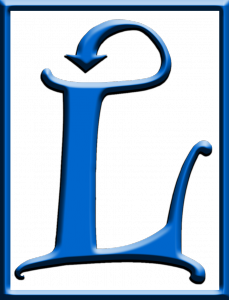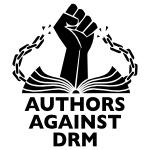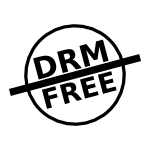When you decide to Self Publish your novel, you become your own publisher. Although complimentary, writing and publishing are two distinctly different jobs, so it is helpful to be familiar with the language and conventions peculiar to the publishing industry.
IMPRINT
This is the name of your publishing entity. If you are going to self publish, your publishing company needs to have its own discrete identity, and so the first thing it needs is its own name. Before making a choice, I recommend doing an internet search of the potential names you choose. If you choose a common word or phrase, no matter how successful you become, your Imprint’s web footprint may never land on the first page of the search engine results.
How I chose my own Imprint: Instead of using a common word, I attached two words together to produce a unique name. I didn’t just pull words out of a hat (although that can be effective, too), I wanted a name that communicated my commitment to free culture. The name I chose for my imprint is Libreleft Books. The word “Libre” means “free” in Spanish, but it has also come to be synonmous with free culture when combine in the phrase “free-libre..” To this I added the “left” from “Copyleft.” Since no Internet searches across a variety of search engines produced a single case of anyone else uising this word amalgamation, it has ensured that Libreleft Books is prominently featured in any web search.
§ Amazon § Bing § DuckDuckGo § Google § Google Blog Search § Google Image Search § Startpage § Twitter § Yahoo § YouTube §
ISBNs
A unique International Standard Book Number (ISBN) should be issued to the publisher of each format of each book published throughout the world. Many Print On Demand or eBook publishers are eager to provide self publishers with a “free” ISBN. However, if the ISBN is issued to the printer/manufacturer, it becomes the publisher of record, in spite of the insistence of many of these companies that you are the publisher.
Although ISBNs are free to Canadian publishers, publishers in the rest of the world must pay a fee.
P.O.D. Print On Demand.
Modern technology has made it affordable to publish individual books one at at time.
WRITING RESOURCES
Writers tend to be fond of sharing our stories, so there are many online writer resources, this is just one:
A Writer’s Lingo glossary can be found at Inked Out Loud





